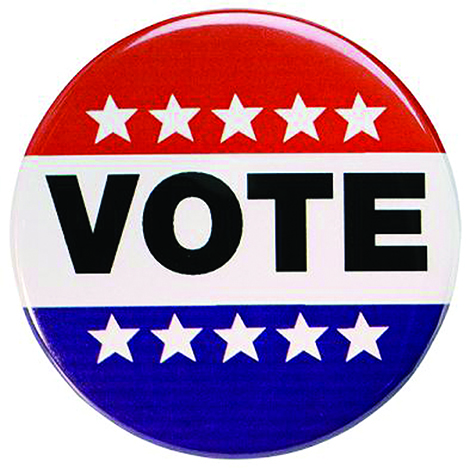The older you are, the harder it could be to have friends
By Chris Melore
Over 55? Odds are you only have four friends you can count on. That’s the sobering finding from a poll of 2,000 Americans in this age group that sheds light on loneliness and social inactivity among older adults.
In fact, the survey finds that 19 percent feel lonely more than half the week, 77 percent say their social circle has shrunk as they’ve gotten older, and 48 percent have stopped being friends with at least three people in the last two years alone. However, the survey, conducted by OnePoll and commissioned by Life Time Inc., also finds that 83 percent feel it’s never too late in life to create fulfilling relationships. In their later years, people want to focus on spending time with friends and family, traveling, and improving their overall health.
It’s no surprise, then, that 70 percent say they’re interested in making new friends, saying it’s important to find someone who likes the same things, can carry a great conversation, has had similar life experiences, and wants to remain active together.
More than half wish there was a community of people their age to spend time with near them, and also claim they would be more physically active if they had someone to do things with. To that point, 46 percent shared they’ve made a new friend while being active.
Sixty-two percent are already trying to be more active at this age than ever before. Sixty percent say they’d try a new activity if they had someone to do it with, hoping to make a friend through walking or hiking, swimming, or strength and conditioning classes.
“It may seem intimidating to try something new, like pickleball, yoga or dance classes,” said Renee Main, a senior vice president at Life Time Inc. “But actually it’s a great way to make new friends while improving your health and overall well-being, especially when you’re supported by a coach who’s been trained to assist older adults.”
Similarly, 63 percent admit they’ve put off certain aspects of taking care of their health like exercising regularly, eating well, and drinking enough water. Despite this, 86 percent of respondents agree that to make the most of one’s “golden years,” it’s important to be as healthy and active as you can.
Most respondents agreed that one of their goals is to live each of their days to the fullest, including living a healthier life in order to play with their grandchildren instead of just watching them play. Sixty-five percent also recognize their health has had a significant impact on the activities and lifestyle they enjoy and that it’s never too late to get healthy. In fact, 73 percent say they’re happier when they’re active, and a similar percentage plan on investing more time in safeguarding their health.
“Whether you’re 9 years old or 90, people tend to be happier and healthier when they regularly participate in activities with friends,” Main said. “If you want to experience a long and joyful life, then get out there, make new friends, and have fun trying new things together.”
Source: Studyfinds.org, which publishes articles about surveys but has no affiliation with any of them.

